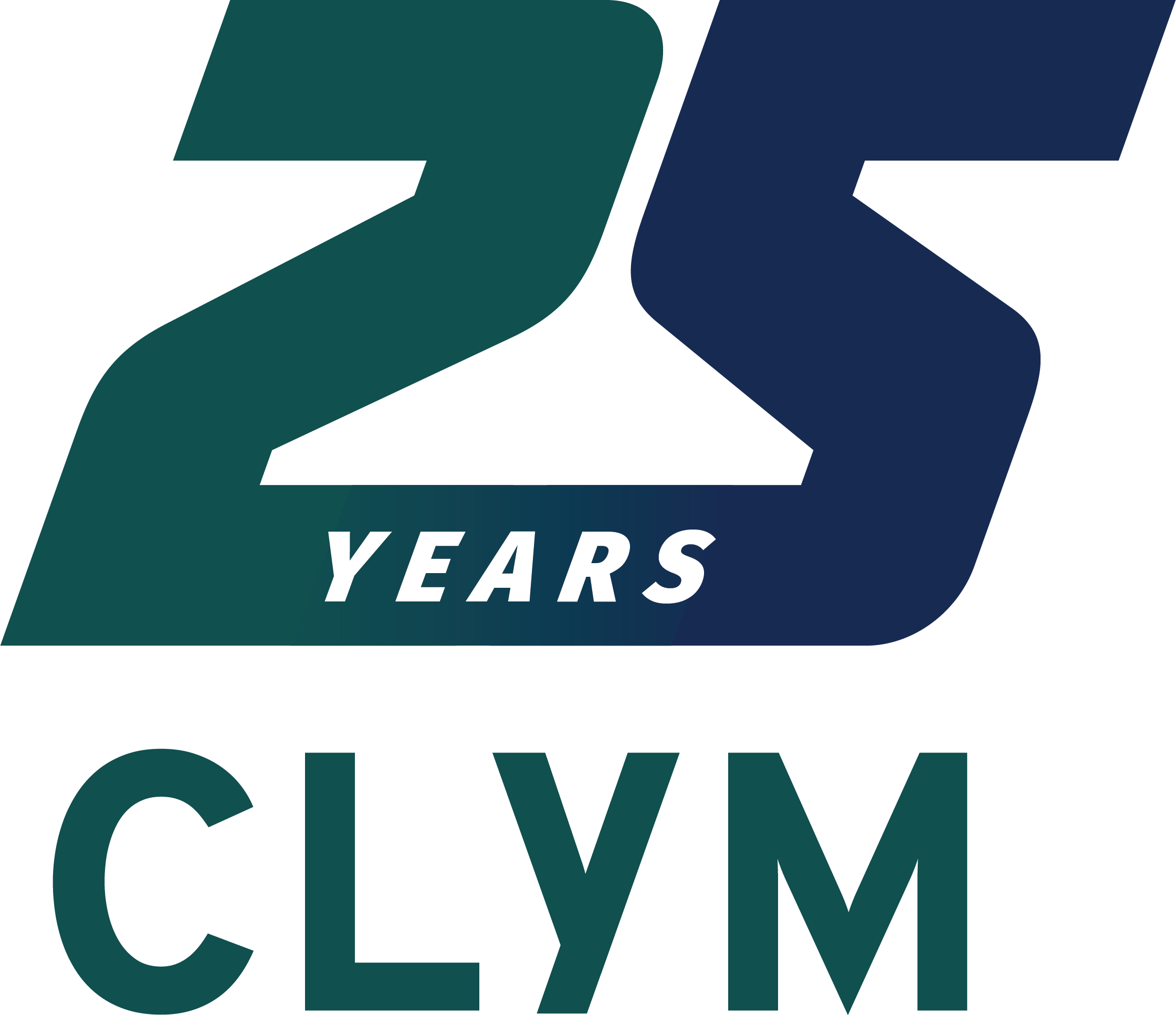Last month, we took a look at what an EHS specialist does. Now, let’s take a deeper look at the world of Environmental Health and Safety and find out not only what it is, but why it matters to your organization.
Compliance, Compliance, Compliance

Ah, the neverending reach of OSHA. One of the largest driving forces behind EHS safety training, OSHA compliance is kind of a big deal in the industrial landscape. OSHA regulates the health and safety standards to keep your workers safe, and their oversight is a powerful force in nearly every industry.
Industries most frequently targeted by OSHA include construction, manufacturing, warehouses, healthcare, and distribution centers. The cost of an OSHA violation is high…really high. Serious violations can cost your organization nearly $14k each. Willful violations occur when the company is aware of a potential health and safety risk but chooses not to address it; this type of violation can cost you nearly $137k.
It gets even worse if the violation leads to a fatality. On top of the psychological impact felt throughout the organization, a violation this serious could cost you a quarter of a million dollars and some time in jail.
Still, your workplace safety plans and training should be about more than just OSHA compliance. Embrace EHS safety training as a way to maximize awareness, minimize accidents, and keep your workforce protected and productive.
EHS SafetyTraining to the Rescue: What is EHS Training?
EHS training is education aimed at your workforce, teaching them to do their jobs safely and in parallel with OSHA standards. The training can be generalized, like putting wet floor signs down after mopping, or job-specific, such as how to safely operate a piece of equipment. Most employees will take part in general training, then continue job-specific training specific if necessary.
You will find that EHS training requirements vary from state to state, but no matter where you are located, it’s never a one-and-done training. You will need to continue training with routine refresher courses, usually once per year.
While no two training curriculums are the same, most will cover the basics including:
- fire protection
- electrical safety
- hazardous materials
- medical and first aid
- machinery related safety
- toxic substances and hazmat operations
- exit routes and emergency response
- personal protective equipment
Think you’re safe from OSHA violations? Take a look at the most frequently violated standards for 2020*:
- Fall Protection, construction
- Hazard Communication Standard, general industry
- Respiratory Protection, general industry
- Scaffolding, general requirements, construction
- Ladders, construction
- Control of Hazardous Energy (lockout/tagout), general industry
- Powered Industrial Trucks, general industry
- Fall Protection–Training Requirements
- Eye and Face Protection
- Machinery and Machine Guarding, general requirements
*OSHA commonly used statistics
OSHA is not static, either. It’s a constantly evolving world of safety standards, with updated regulations twice a year.
Why EHS Safety Training Matters
Now you have a deeper understanding of what EHS training is, and what it covers. Let’s take a look at why this training matters for your industry.
Encourage a Culture of Incident Reporting
EHS training encourages employee responsibility, and explains the process of reporting incidents, illness, and injury. Since OSHA has stringent timeframes for reporting incidents, encouraging your workers to report them properly is very important.
Lowered Insurance Premiums
Providing EHS training will help your company qualify for lower insurance premiums, especially workman’s compensation.
More Time on the Job
The more an employee takes responsibility for their own safety, the less time off will be necessary for preventable accidents and injuries.
Protection from Liability
Having documented EHS training will help to limit your organization’s liability if a preventable accident occurs.
Prepare for an EHS Audit
Documented EHS safety training will be an important part of your EHS audit.
Clym Has the EHS Specialists You Want for the EHS Training You Need
Clym Environmental offers general EHS training, as well as specialized sessions covering a wide variety of industry-specific topics. We offer training in-person and on-site. We provide all necessary materials to ensure training is comprehensive while our dynamic instructors make it fun.
Not ready for on-site training? Clym offers several flexible online EHS training courses, too. Contact us today to learn more.
